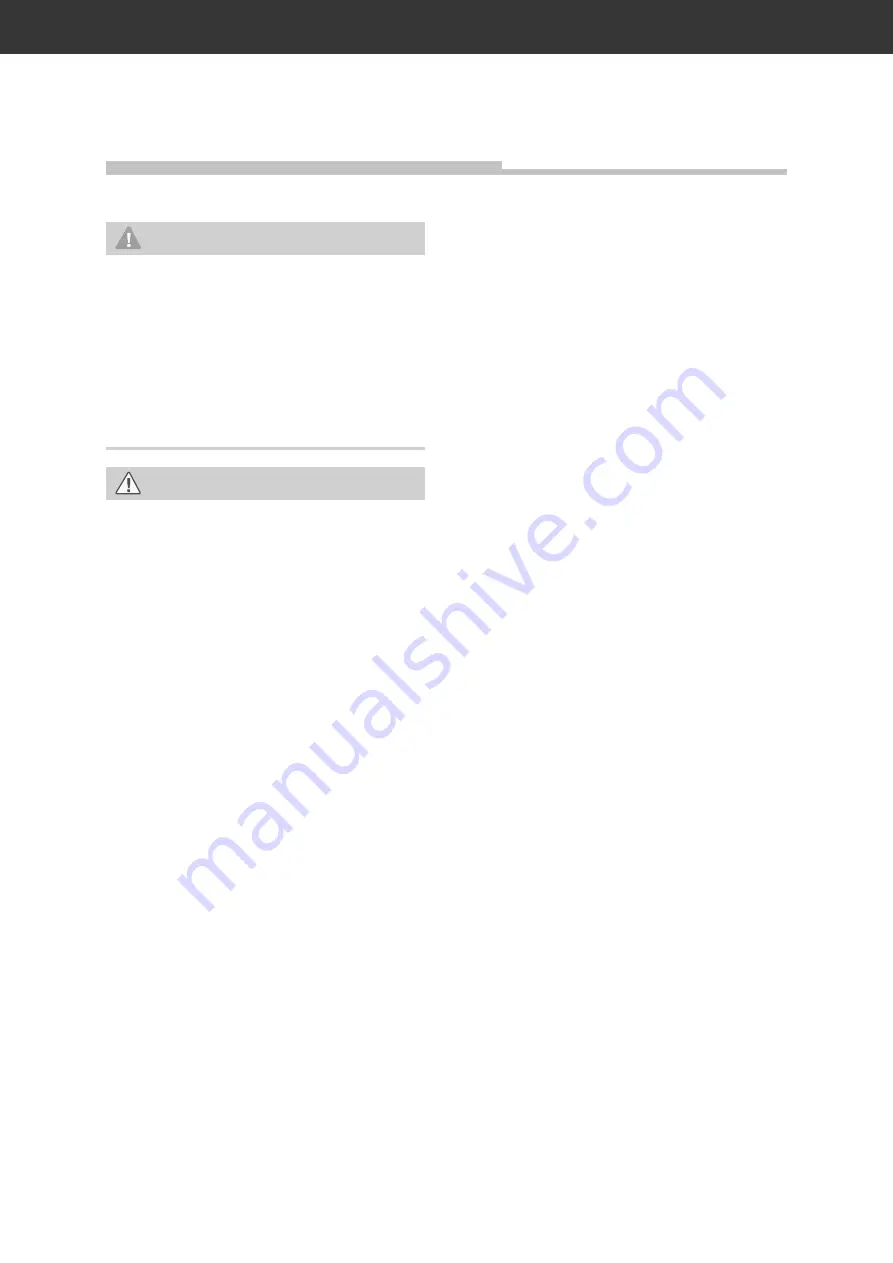
Freezing food/storing frozen food
Page EN-12
WARNING
Danger of explosion!
Improper handling of the appliance
may lead to an explosion.
■
Do not store explosive substances or
spray cans with fl ammable propel-
lants inside the appliance, as they
may cause ignitable gas-air mixtures
to explode.
CAUTION
Health hazard!
Incorrect handling, insuffi cient cool-
ing or overlapping items can spoil the
stored food. This could lead to a risk of
food poisoning when consumed!
■
Abide by the storage times recom-
mended by food manufacturers.
■
Note that the shelf life of the frozen
food may be shortened due to a rise
in the temperature inside the freezer
(from defrosting, cleaning or power
failure).
■
Do not leave door open for a pro-
longed time, to ensure that frozen
food does not thaw.
■
If there is a mains failure, the frozen
food may remain suffi ciently cold for
a few hours (see ‘Storage time in the
event of a malfunction’ in the prod-
uct data sheet at the end of this user
manual). In case of prolonged pow-
er failure or prolonged malfunction
of the appliance, remove the stored
frozen food from the appliance and
keep it in a suffi ciently cool place.
■
After a malfunction, check wheth-
er the stored food is still edible. Con-
sume thawed and defrosted foods
immediately, do not refreeze.
Risk of injury!
Improper handling of the appliance
may result in injury. Risk of burns caused
by low temperatures.
■
The food and the inside walls of the
freezer have a very low temperature.
Never touch them with wet hands.
This can cause injury to the skin. Skin
damage can occur even with dry skin.
Freezing food
Freezing means reducing the core tempera-
ture of fresh, room-temperature food to fro-
zen as quickly as possible – for best results
“flash-frozen”. If not cooled quickly enough,
the food will be ‘killed by frost’, i.e. the struc-
ture will be destroyed. A constant storage
temperature of -18 °C is needed to maintain
the food’s consistency, taste and nutritional
value.
Preparing the food
• Only freeze high quality food.
• Freeze fresh and prepared food dry and
unseasoned. Unsalted foods are more
durable.
• Allow prepared food to cool before freez-
ing. This not only saves power, but also
prevents excessive frost formation in the
freezer area.
• Carbonated drinks are not suitable for
freezing because the carbon dioxide es-
capes during freezing.
Freezing food/storing frozen food















































